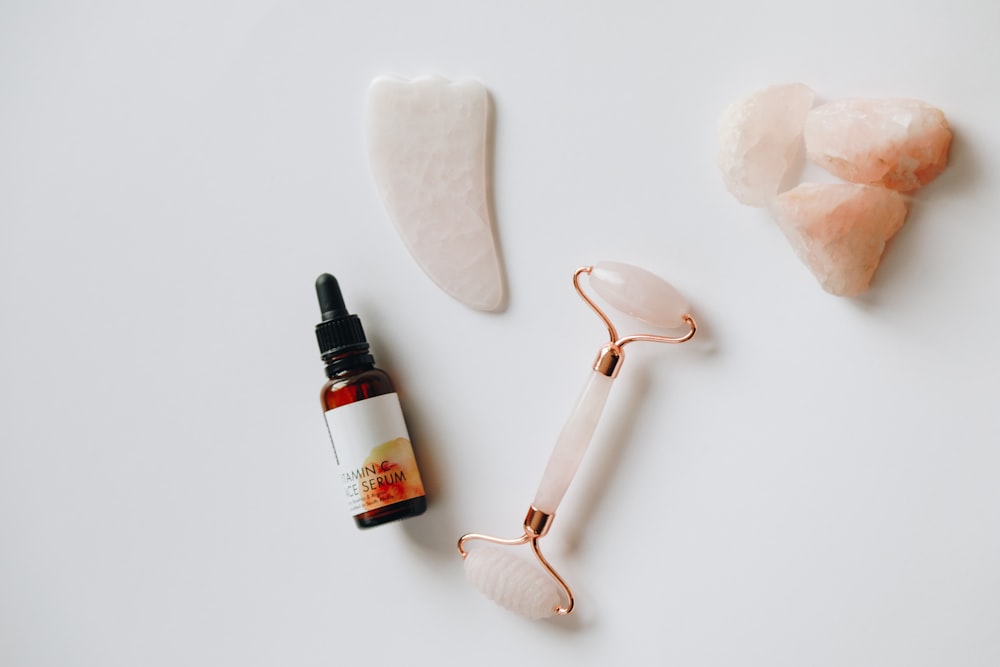Understanding Rosacea: Navigating Sensitive Skin Care
Understanding Rosacea: Navigating the Complex World of Sensitive Skin
In the realm of skincare, navigating the intricacies of sensitive skin can be a daunting task. One such skin condition that requires special attention is rosacea. Characterized by redness, visible blood vessels, and sometimes acne-like bumps, rosacea can be challenging to manage. In this article, we delve into the nuances of rosacea, exploring its causes, symptoms, and the best skincare practices to keep flare-ups at bay.
The Origins of Rosacea: Unraveling the Mystery
Rosacea’s exact cause remains elusive, adding a layer of complexity to its management. However, various factors, including genetics, environmental triggers, and a microscopic mite called Demodex, are believed to contribute. Understanding the interplay of these elements is crucial in developing an effective skincare routine.
Identifying Rosacea: Signs and Symptoms
Recognizing the signs and symptoms of rosacea is the first step towards effective management. Persistent facial redness, visible blood vessels, bumps, and an overall feeling of skin sensitivity are common indicators. If you suspect you may have rosacea, consulting with a dermatologist is crucial for a proper diagnosis and tailored treatment plan.
Environmental Triggers: Navigating Potential Minefields
For individuals with rosacea, environmental triggers can significantly exacerbate symptoms. Exposure to sunlight, extreme temperatures, spicy foods, alcohol, and certain skincare products can all play a role in triggering flare-ups. Identifying and avoiding these triggers is paramount in managing rosacea effectively.
Gentle Skincare: A Compassionate Approach to Rosacea Management
When it comes to skincare for rosacea, a gentle approach is key. Opt for fragrance-free, hypoallergenic products that are specifically formulated for sensitive skin. Cleansers and moisturizers with soothing ingredients like chamomile and aloe vera can provide relief without causing irritation. Always patch-test new products to ensure they won’t trigger a reaction.
The Importance of Sun Protection: Shielding Your Skin from Harmful Rays
Sun exposure is a common trigger for rosacea flare-ups, making sun protection a non-negotiable part of any skincare routine. Choose a broad-spectrum sunscreen with at least SPF 30 and apply it generously, even on cloudy days. Wearing a wide-brimmed hat and seeking shade can also provide additional protection against the sun’s harmful rays.
Best Skincare for Rosacea: Navigating the Product Maze
Finding the right skincare products for rosacea can be overwhelming, but it’s crucial for managing the condition effectively. From gentle cleansers to soothing moisturizers, the market offers a variety of options. To make your journey easier, consider exploring the best skincare for rosacea recommended by experts. Visit Women’s Health and Style for a curated list of products designed to cater to the unique needs of sensitive skin.
Avoiding Irritants: A Conscious Effort Towards Healthy Skin
In addition to selecting appropriate skincare products, it’s essential to be mindful of potential irritants. Harsh chemicals, alcohol-based products, and abrasive exfoliants can aggravate rosacea symptoms. Opt for products with minimal ingredients and a focus on calming and hydrating the skin.
Consulting with a Dermatologist: Personalized Guidance for Rosacea Management
While general skincare tips are valuable, seeking the guidance of a dermatologist is paramount

